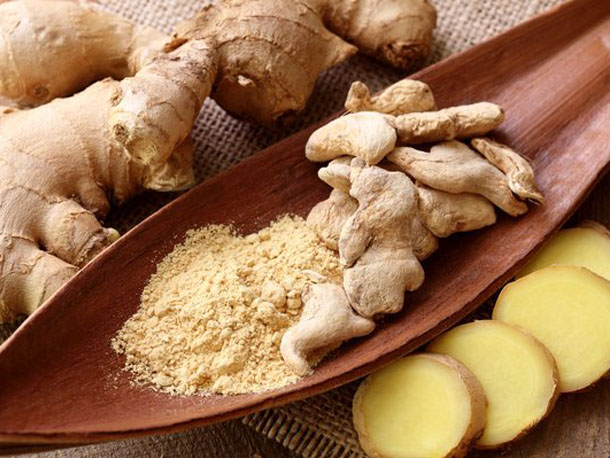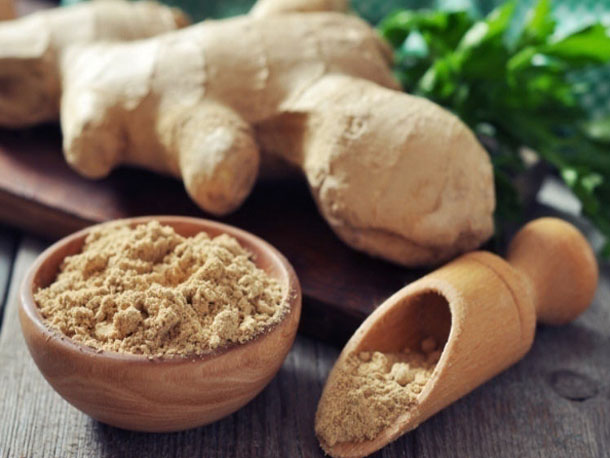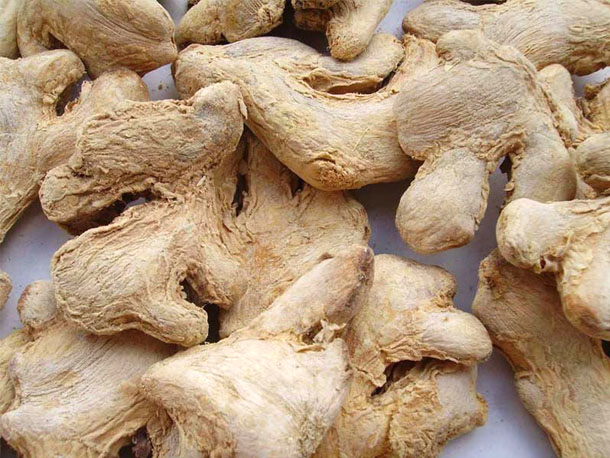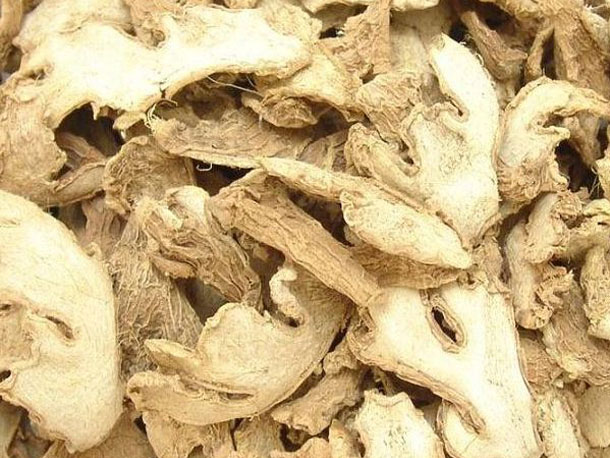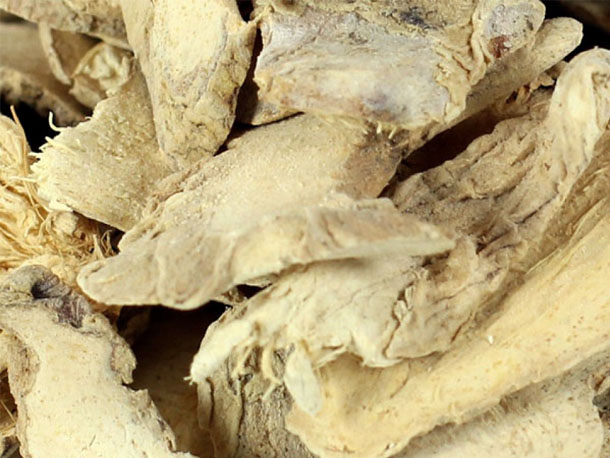Nigerian dried ginger prices likely to stay firm
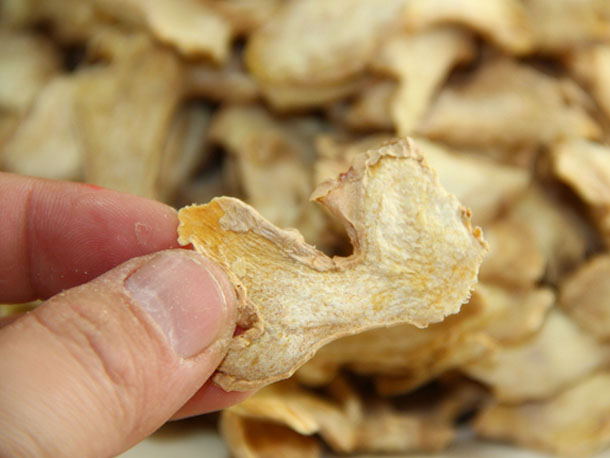
Nigerian dried ginger prices look set to remain generally firm for the foreseeable future, despite signs of some downward pressure on prices from alternative origins, traders have indicated.
One Rotterdam spice trader recalled that prices of Indian and Chinese dried ginger had eased in the last quarter of 2015 due to a favourable crop in China and positive outlook for the Indian crop in early 2016. He had also seen declines in Nigerian material over this period.
However, it has become clear that Nigeria is experiencing a slightly below normal crop and this origin has now also sold a large portion of its crop. “This means that prices in Nigeria have started to increase again by a few hundred dollars. In the meantime, demand has picked up for Chinese and Indian material, and the price in China has already started reacting, also increasing by about USD200 in the last two weeks,” the trader observed.
He indicated machine dried Chinese dried ginger flakes of low sulphur dioxide (SO2) levels around USD3,400 per tonne c&f main European ports.
Nilesh Dattani of Hong Kong exporter Regency Spices viewed the Chinese ginger market as weak at the moment on depressed prices in India as a result of a bigger crop. Nevertheless, his price indications on Chinese ginger were similar to those of the Rotterdam trader.
Dattani explained that low SO2 split ginger from south China was at USD3,000-3,500/tonne c&f depending on quality. “Shandong origin is about USD500/tonne higher,” he added.
The Rotterdam trader viewed Indian dried ginger as ranging from USD2,650 to USD2,950 per tonne, c&f depending on whether the material is whole or sliced.
Dattani put Indian origin low SO2 ginger at just below USD3,000/tonne c&f.
Blair Coutts of UK trader Blair Impex said that as yet he had not seen much dried ginger arriving from Nigeria and there was very little Nigerian produce around on the spot market.
He suggested that recent offers of USD2,800/tonne c&f on Cochin dried ginger would put pressure on Nigerian sellers to keep their prices down.
Other European trade sources said they were seeing a range of prices on Nigerian dried ginger of between USD2,500-3,000 per tonne c&f depending on quality and customer requirements.
Below average crop
Robert Brandler of UK trader Tillbrook Products explained that Nigeria’s 2015/16 crop was less than average in size due to late rains.
“The Nigerian ginger season started back in November and into December and there was a lot of strong demand on the back of last year. A huge number of new buyers came into the market.”
Brandler recalled that local prices had doubled between November 2015 and this January. This upward move was partly due to the economic crisis in Nigeria, which saw the local currency depreciate by 60% from November to February.
In Nigeria, there were a lot of regional East African buyers, which included some from Ethiopia, which was said to have suffered its second consecutive year of poor output, as well as many from Sudan. In addition, there was heavy buying speculation from those who viewed an opportunity to generate profits.
“Despite the currency depreciation in Nigeria, this pushed the ginger price very high. This was the worst thing for the market. The bulk of the good quality that was bought during the season was very expensive. From talking to customers it seems that other markets’ prices have come down, so this has pushed Nigerian ginger into a slightly uncompetitive situation this year,” Brandler remarked.
He explained that the current season on Nigerian ginger is nearing an end and there is not much good quality material left unsold from this origin.
In addition, Brandler noted that recent years have shown an upsurge in demand for Nigerian ginger both from within the country itself and from neighbouring countries in Africa.
“Due to the less than brilliant harvest, prices are unlikely to come down. Because it is now at the end of the harvesting period, whatever is remaining is not usually for the European market, it is for the African market or other places. The heavy buying interest in Nigeria has waned due to the availability of ginger from India and China and the fact that Nigerian prices are quite high this year,” Brandler added.
The Rotterdam trader said he was seeing a slight improvement in general demand for dried ginger in the last few weeks, which reflected the fact that industries need to replenish stocks.

